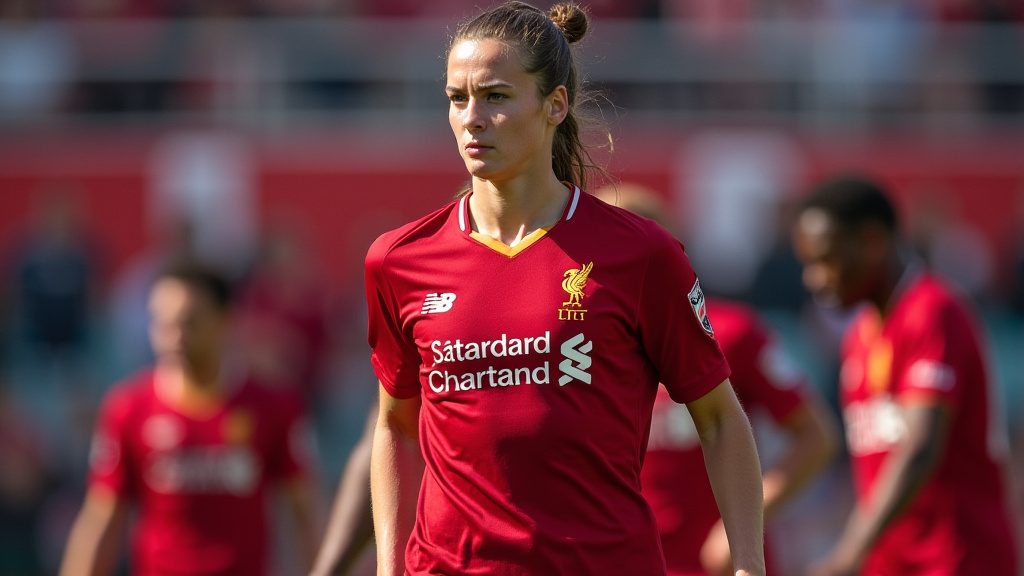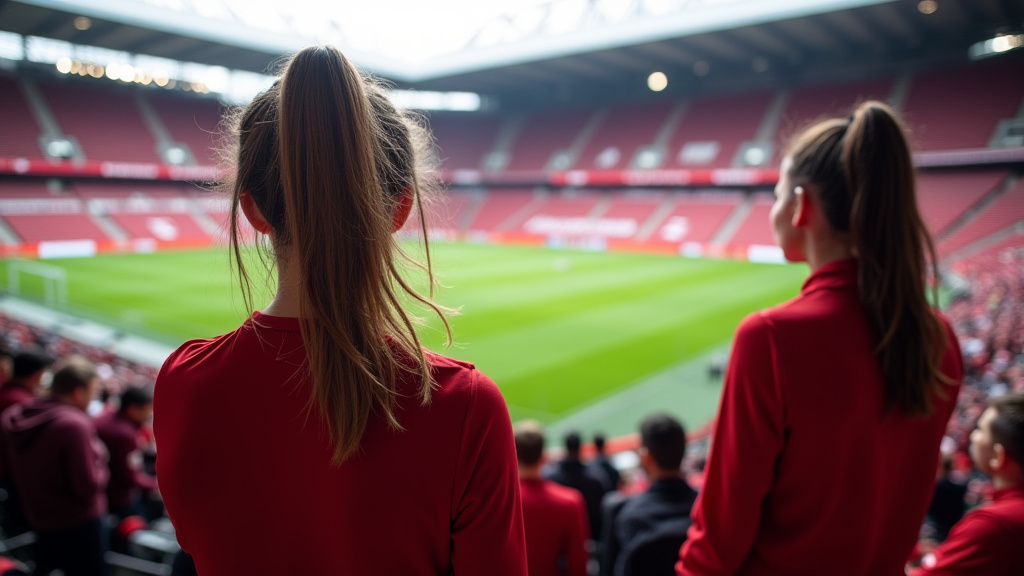Rachel Furness Calls Time on Illustrious Football Career
When a respected figure in football decides to hang up their boots, it prompts fans and followers alike to reflect on their impact and legacy. Rachel Furness, former Liverpool vice captain and one of the stalwarts of women’s football in the UK, recently announced her retirement from professional football. Her decision marks the end of a remarkable journey that spanned over a decade, during which she mesmerized with her midfield mastery and leadership. But who is Rachel Furness, and why does her retirement resonate beyond just Liverpool supporters? This blog post explores her footballing story, the significance of her career in women’s football, and what her departure means for the game moving forward.
From Grassroots to Vice Captaincy at Liverpool
Rachel Furness’s career is a testament to perseverance and passion. Starting out in the grassroots levels of the sport, Rachel steadily climbed the ranks, showcasing a keen eye for goal and intuitive game reading that would make her a midfield lynchpin. After playing for clubs like Sunderland and Reading, Furness joined Liverpool Women’s Football Club, a team with a storied history in English women’s football. Rising quickly through the squad, she became vice captain, a role that entrusted her with leadership both on and off the pitch.
Her tenure at Liverpool was characterized by a commitment to consistency and professionalism. Particularly impressive was her goal-scoring record from midfield, often stepping up at critical moments to deliver for her team. For example, during the 2019-2020 FA Women’s Championship season, Furness was instrumental in helping Liverpool secure promotion back to the Women’s Super League, the highest tier of English women’s football. Her leadership helped galvanize a team rebuilding after relegation, proving her value extended well beyond technical skills.
International Recognition and Impact
While many footballers’ careers are defined by their club achievements, Rachel’s impact transcended domestic competition. She earned multiple call-ups to the Northern Ireland national team, where she became a pioneering figure for the squad. Furness’s experience and tactical intelligence were vital for a national side eager to assert itself on the European stage.
Indeed, during the UEFA Women’s Euro 2022 qualifiers, she was a key player for Northern Ireland, helping the team qualify for their first major tournament finals — a historic achievement for the nation. Her midfield control, ability to orchestrate play under pressure, and knack for scoring key goals elevated the performance and confidence of her teammates. For a smaller footballing nation, having someone with Furness’s level of professionalism and experience was invaluable.
A Career Defined by Tenacity and Leadership
Retiring from professional sports is never an easy decision, especially for someone as dedicated as Rachel Furness. Her journey exhibits the often-unseen grit required to maintain elite performance over many years. Managing injuries, adapting to different coaching styles, and balancing personal life are challenges that athletes face routinely. Yet, Furness’s consistency and leadership qualities mark her as a role model for aspiring footballers.
Moreover, her influence extends beyond the pitch. As women’s football gains increasing attention, players like Rachel Furness help in normalizing the idea of professional female athletes as household names. Her career coincided with a transformational period in women’s football, as leagues became more competitive and media coverage expanded. She contributed not only through performances but by being part of the growing discourse around equality and investment in the sport.
What This Retirement Means For Women’s Football
Rachel’s retirement signals a generational shift in women’s football. The sport is evolving rapidly, with young talent emerging and clubs investing heavily in development programs. While her departure leaves an experienced midfielder’s void, it also opens opportunities for new stars to rise. Liverpool, for instance, will now look to rebuild their squad with an eye on nurturing the next crop of leaders.
Her exit also invites reflection on the career lifespan of female footballers and the support structures in place. Ensuring that players can transition smoothly into life after football, whether in coaching, punditry, or other roles, remains crucial for the sport’s ecosystem. Rachel Furness’s experience and knowledge make her a perfect candidate for mentoring roles, and it will be interesting to watch if she continues contributing to football in new capacities.
Conclusion
Rachel Furness’s retirement is more than just the end of a footballing career; it’s a celebration of dedication, leadership, and progress in women’s football. From her vital role at Liverpool to her trailblazing impact on the Northern Ireland national team, Furness leaves behind a legacy that resonates with both casual fans and devoted followers. Her journey reminds us of the passion fueling women’s football’s growth and the importance of nurturing talent both on and off the pitch.
As Rachel steps away from professional play, the football community eagerly anticipates her next chapter and the fresh talent ready to step into the spotlight. For readers, what do you think are the biggest challenges players like Rachel face when retiring? How can clubs and national teams better support their athletes through these transitions? And who do you see emerging to fill the leadership roles in clubs like Liverpool? Share your thoughts in the comments below.













